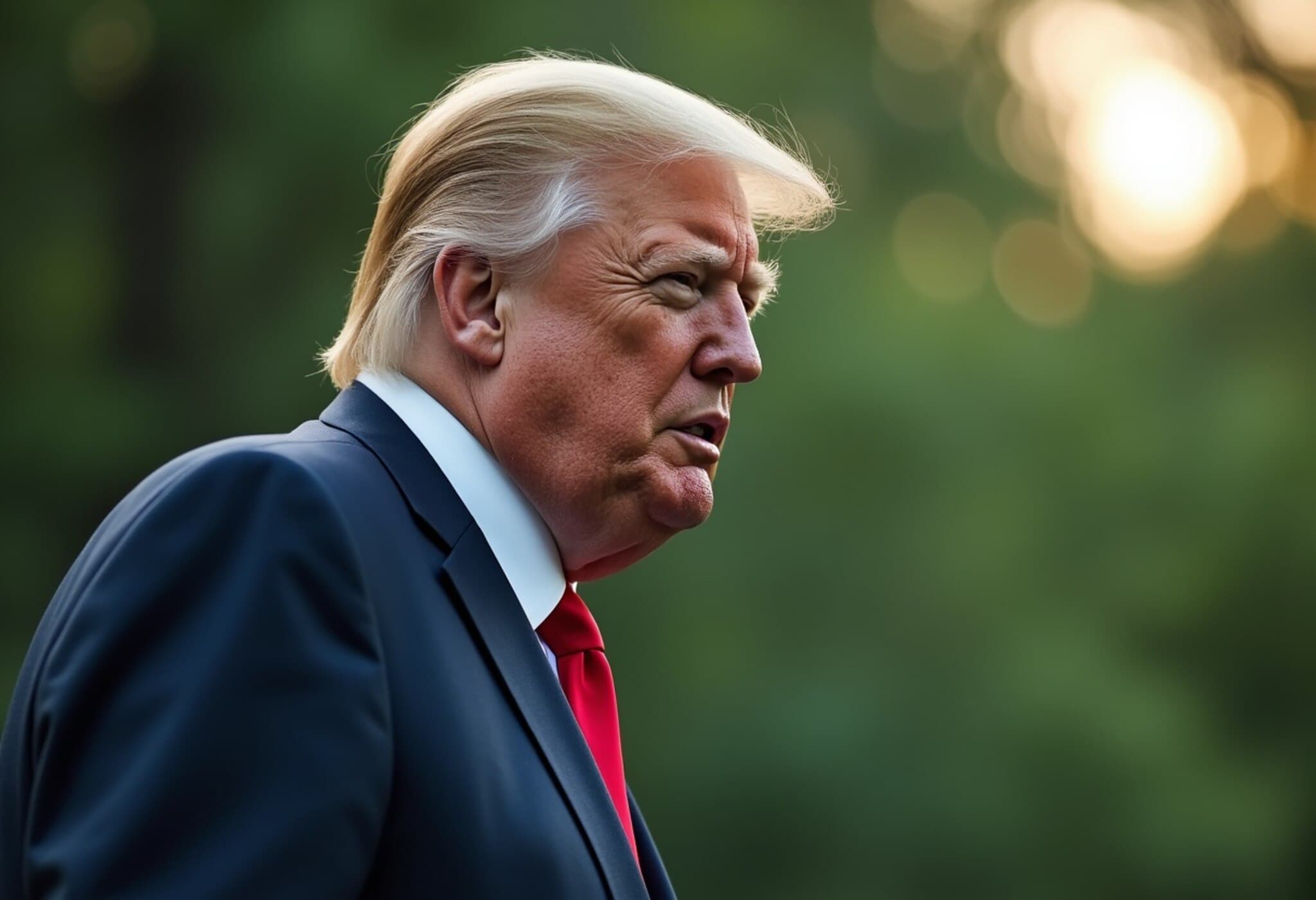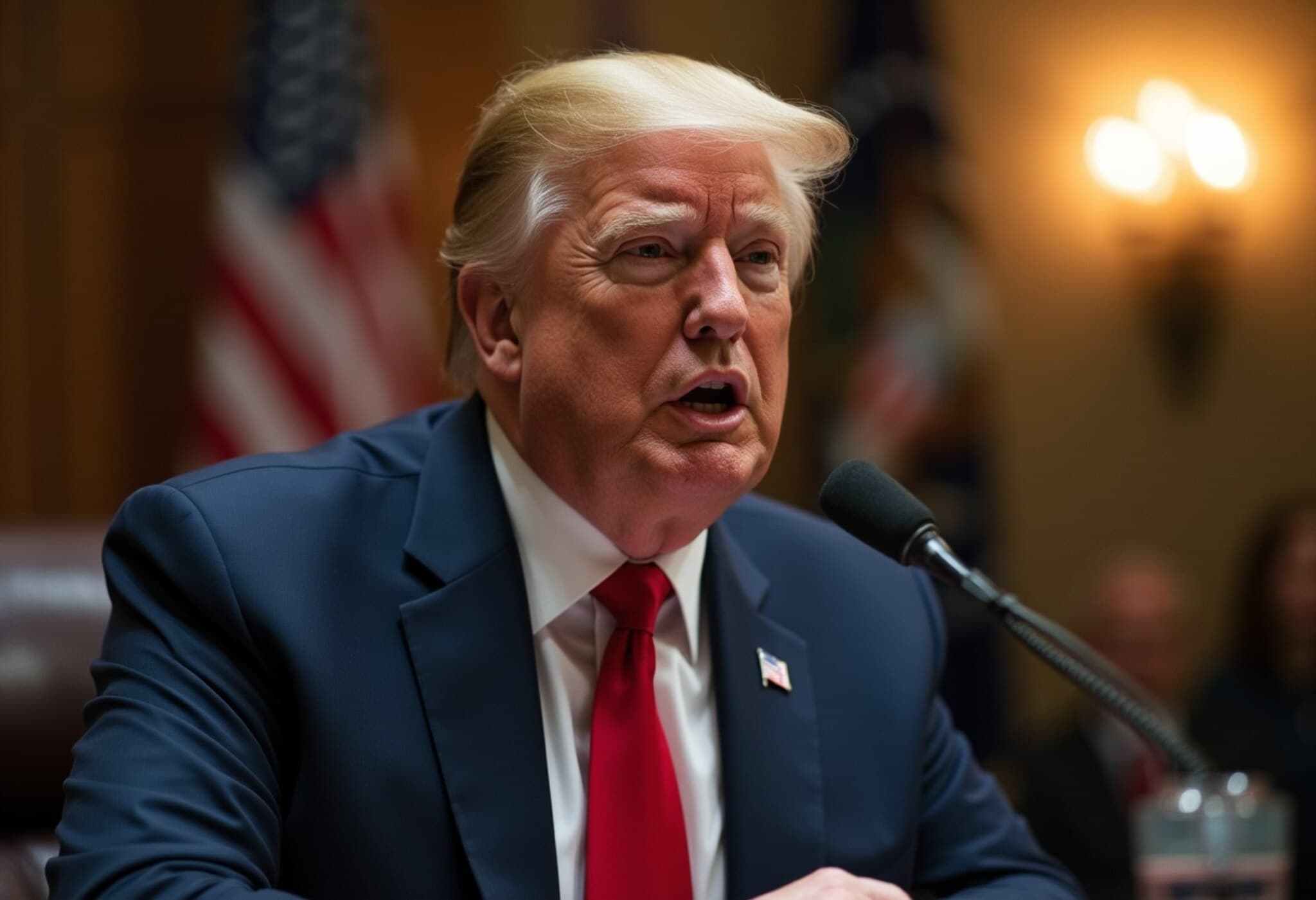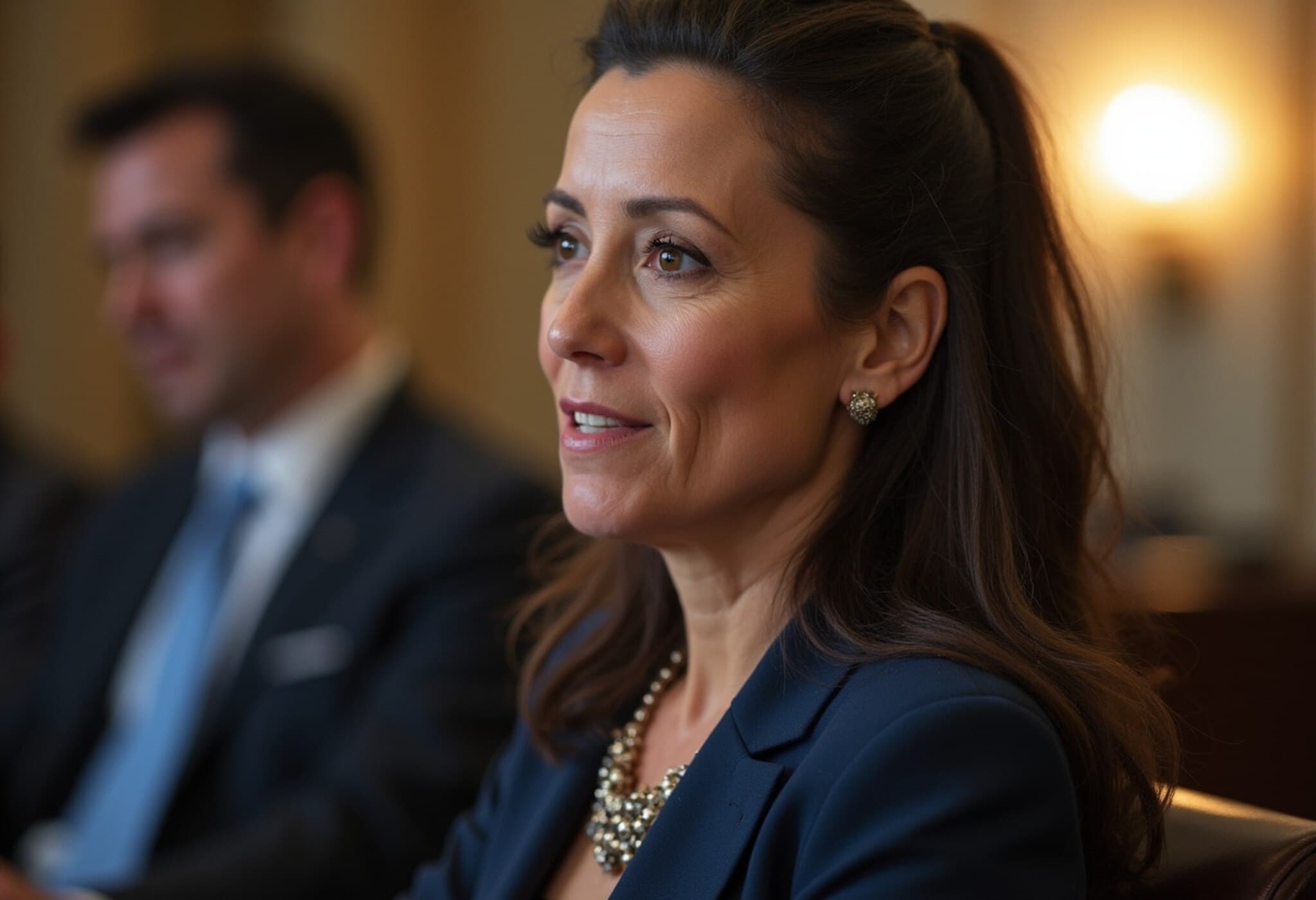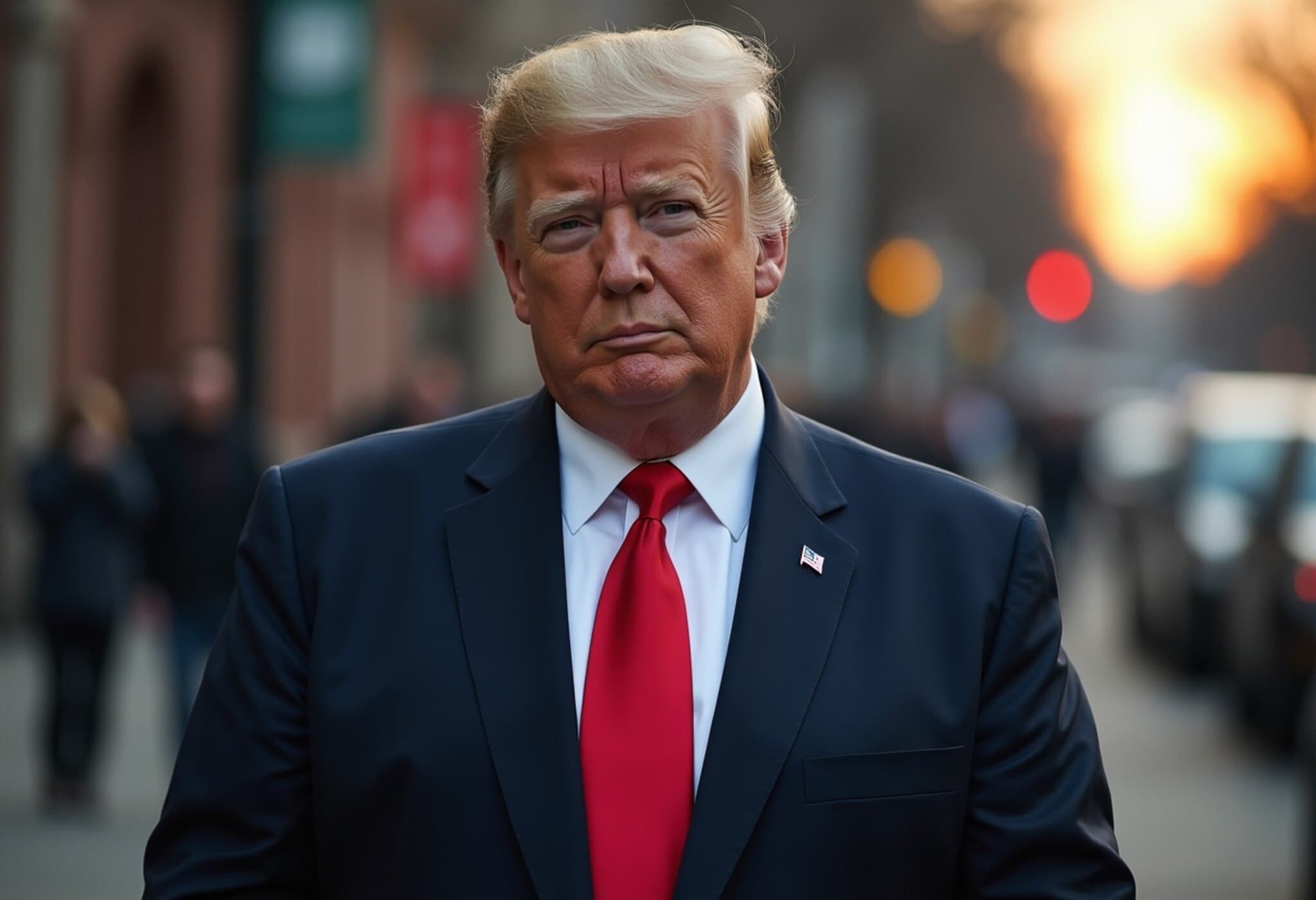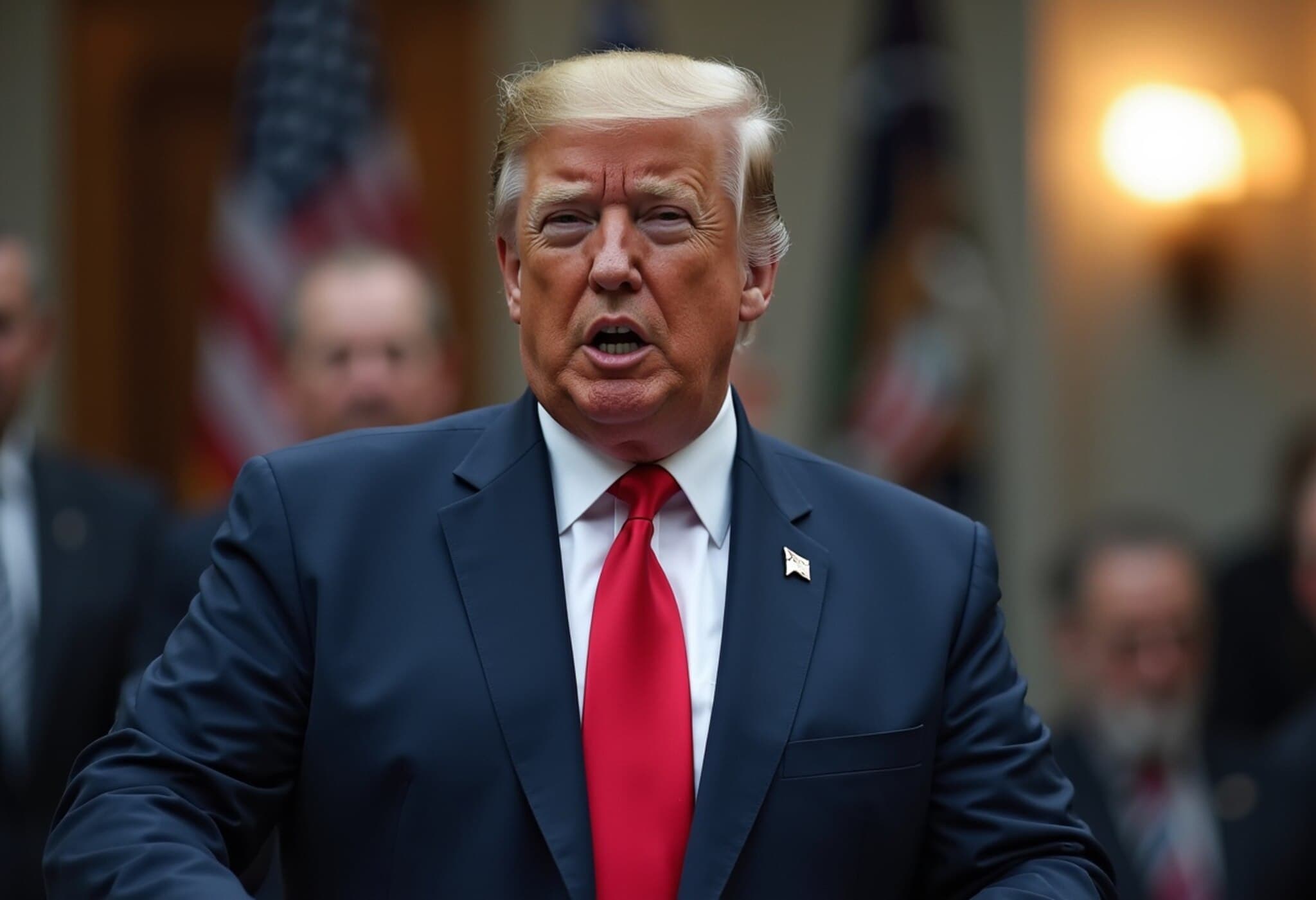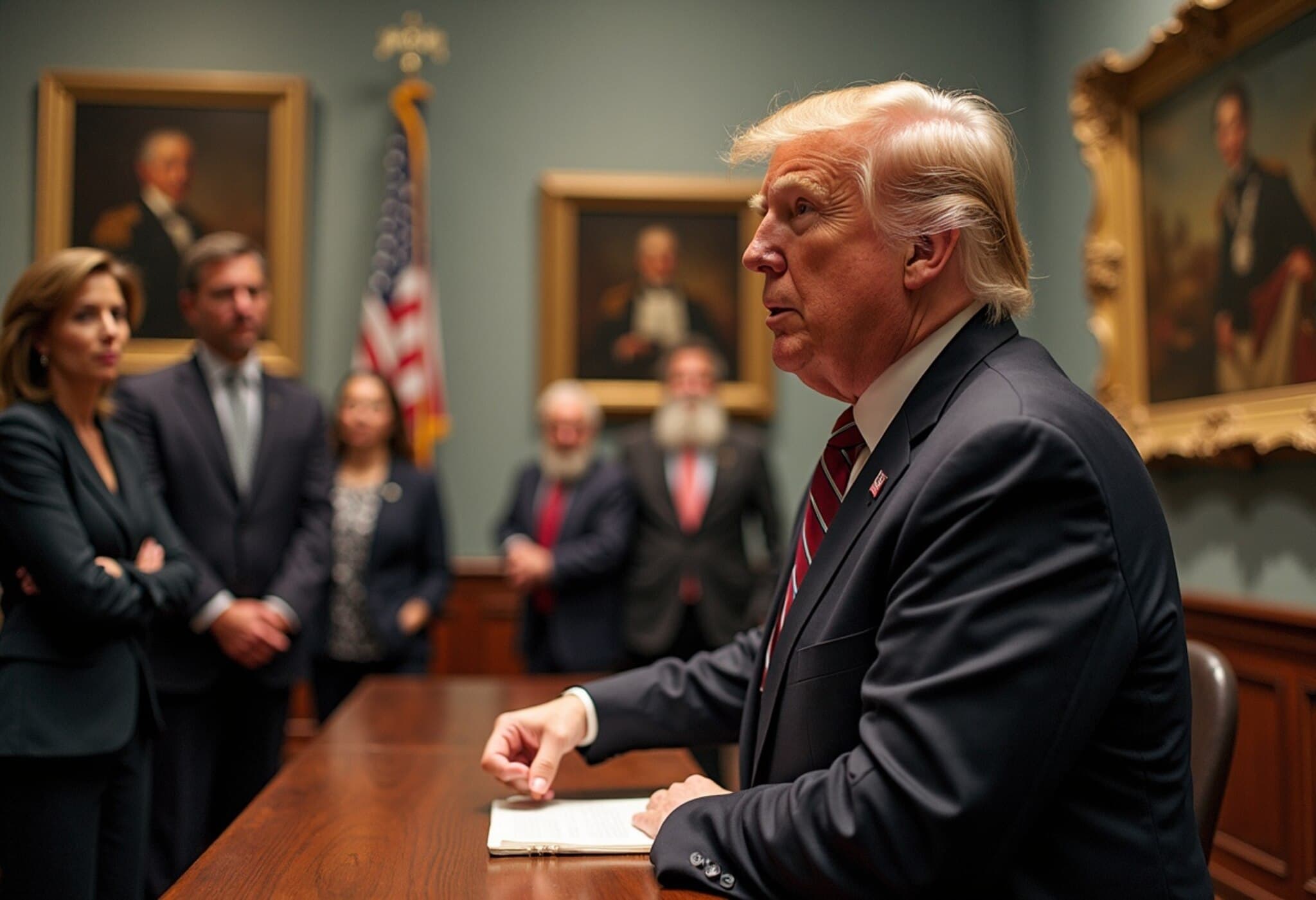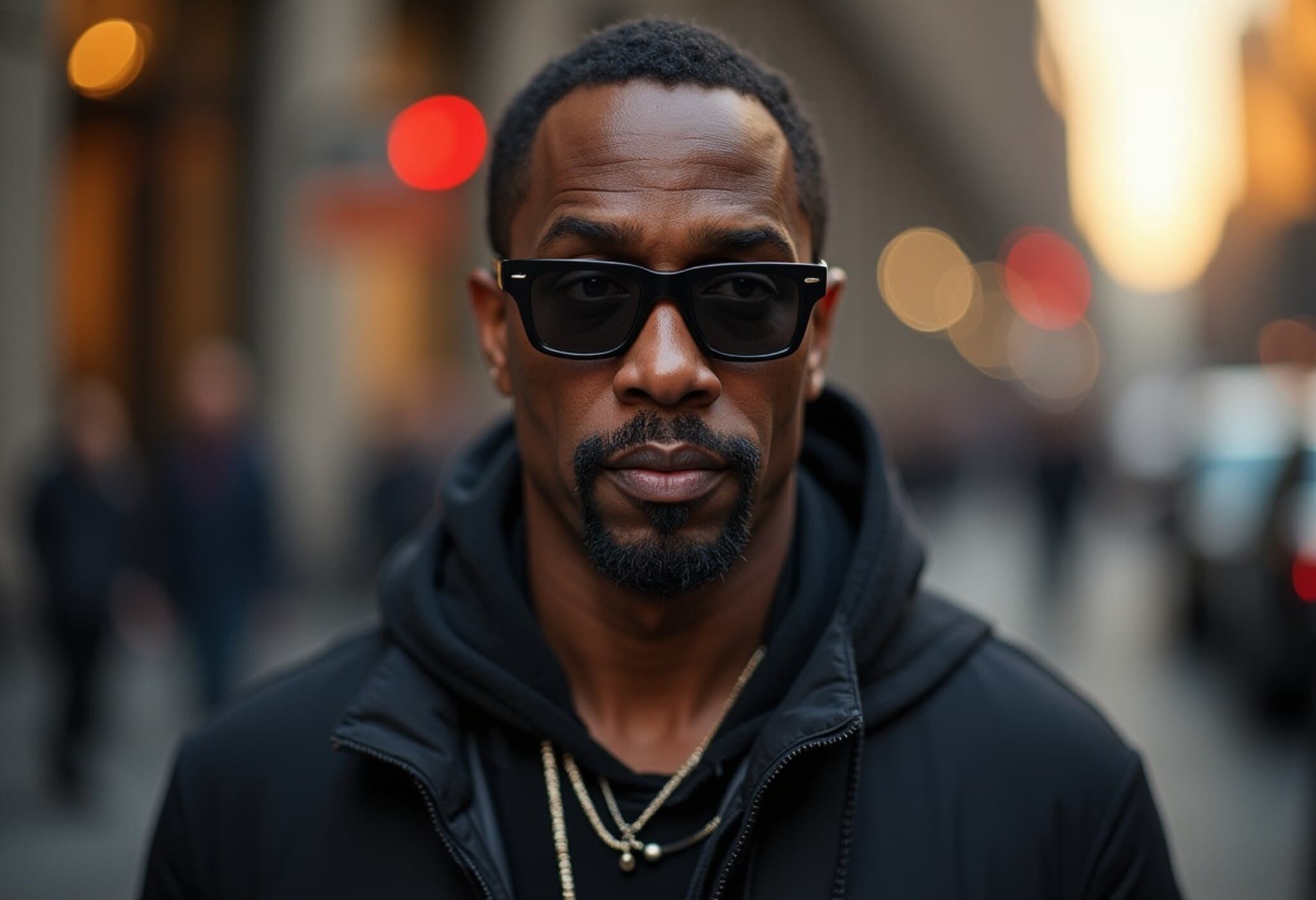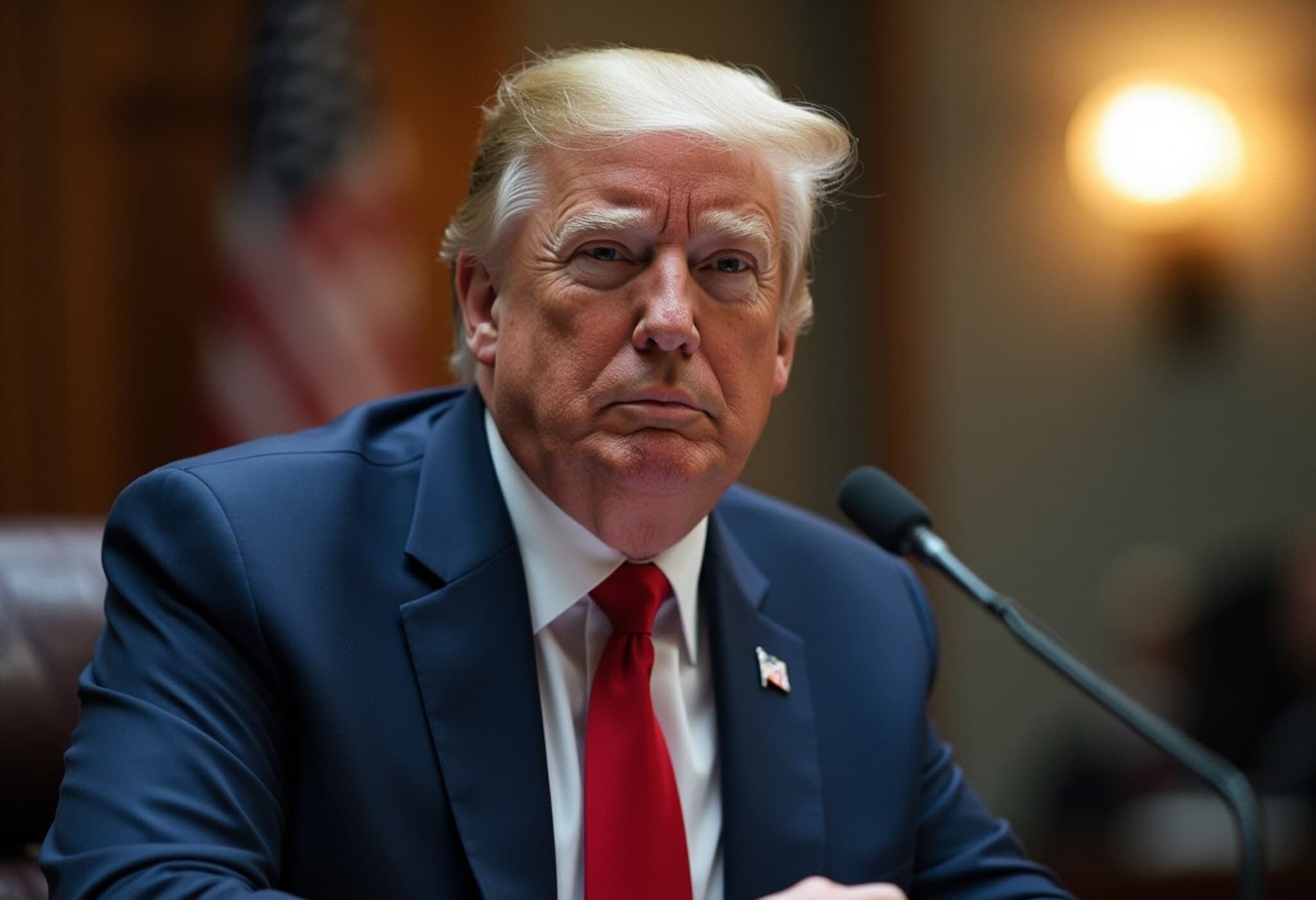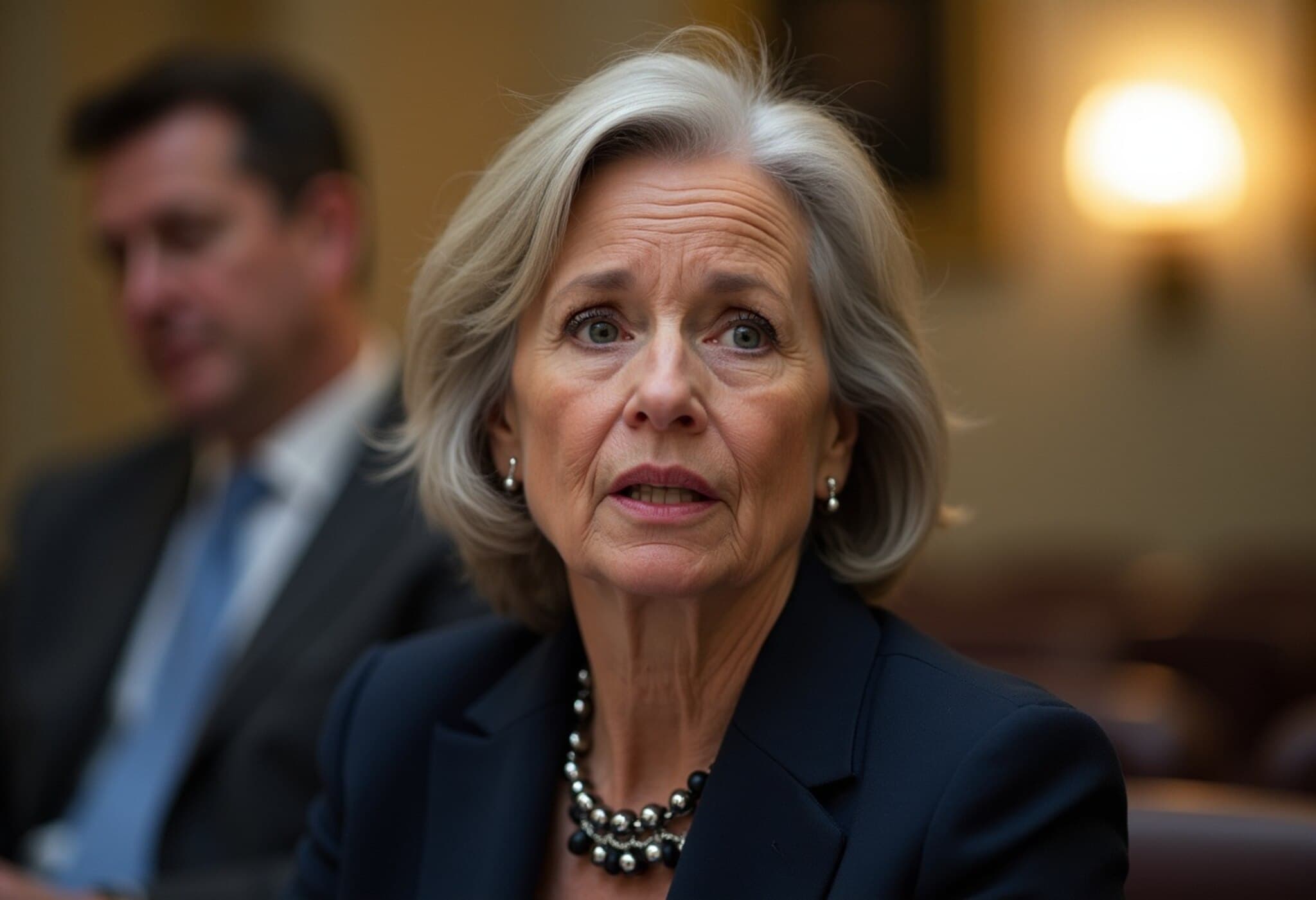Trump Considers Marijuana Reclassification to Increase Accessibility
In a surprising shift on the federal approach to cannabis, former U.S. President Donald Trump has hinted at the possibility of reclassifying marijuana as a less dangerous substance. This potential policy turnaround, first proposed under President Joe Biden's administration but left unimplemented, could reshape the landscape for American cannabis users and businesses alike.
Background: A Policy Revisit on Marijuana Scheduling
Marijuana is currently classified as a Schedule I controlled substance under the Controlled Substances Act, a category reserved for drugs considered to have high abuse potential and no accepted medical use. The Biden administration had proposed downgrading marijuana to Schedule III, which denotes lower abuse potential and recognized medical utility—thus simplifying medical research and commercial transactions.
If implemented, this change would dismantle significant federal barriers, easing regulations and potentially boosting the multibillion-dollar cannabis industry’s growth.
Insights from Trump’s New Jersey Fundraiser
According to The Wall Street Journal, during a high-profile fundraiser at his New Jersey golf club earlier this month, Trump openly acknowledged the need to “look at” marijuana policy reforms. Attended by influential figures including Kim Rivers, CEO of Trulieve—one of the largest U.S. cannabis companies—the gathering underscored growing business interests in federal policy shifts.
- Kim Rivers' Influence: Rivers reportedly urged Trump to pursue reclassification and invest in medical cannabis research, signaling industry support for regulatory clarity.
- Business and Politics Intersect: The fundraiser illustrates how marijuana legalization continues to evolve from a political hot-button issue into a mainstream economic opportunity.
Historical Context: Trump’s Past Stance vs. New Developments
During Trump’s first term, his position on cannabis was notably more conservative. In a revealing 2018 secretly recorded dinner, Trump expressed skepticism about marijuana, associating its use with cognitive decline. This conversation also connected to politically charged events involving donors Lev Parnas and Igor Fruman, who sought Trump’s assistance for cannabis ventures but were later implicated in federal campaign finance violations.
The interplay between politics, business ambitions, and personal opinions demonstrates the complex backdrop against which any policy reform is considered.
What Could This Mean for the Future?
Reclassifying marijuana to Schedule III would be a landmark step toward normalization, facilitating:
- Expanded medical research opportunities without as many regulatory burdens.
- Easier banking and financial services for cannabis businesses, which currently face federal restrictions.
- Improved legal access and commercial viability nationwide, transcending the patchwork of state laws.
This prospective shift aligns with evolving public opinion favoring cannabis legalization and could influence election-year dynamics, stimulating debate over federal jurisdiction and states' rights.
Expert Commentary: Legal and Economic Implications
As cannabis continues to gain acceptance on state levels, federal reclassification becomes vital. Legal experts note that easing Schedule I restrictions would reduce legal conflicts, increase tax revenues, and potentially alleviate over-incarceration related to marijuana offenses. Economists highlight the surge in job creation and investment opportunities in the burgeoning cannabis sector.
Yet, questions remain about the timeline and political will to enact such reform, especially amidst polarized views within Congress and among the public.
Editor’s Note
Trump’s openness to reconsider marijuana classification marks a pivotal moment in U.S. drug policy. While past attitudes toward cannabis reflected caution or skepticism, evolving economic realities and public sentiment now demand pragmatic approaches. Readers should watch closely how this narrative unfolds—because the stakes are high not only for users and entrepreneurs but also for the legal system, public health policy, and the broader American economy. Will this signal a bipartisan effort for meaningful reform, or is it a strategic political overture ahead of upcoming elections? The dialogue is just beginning.

